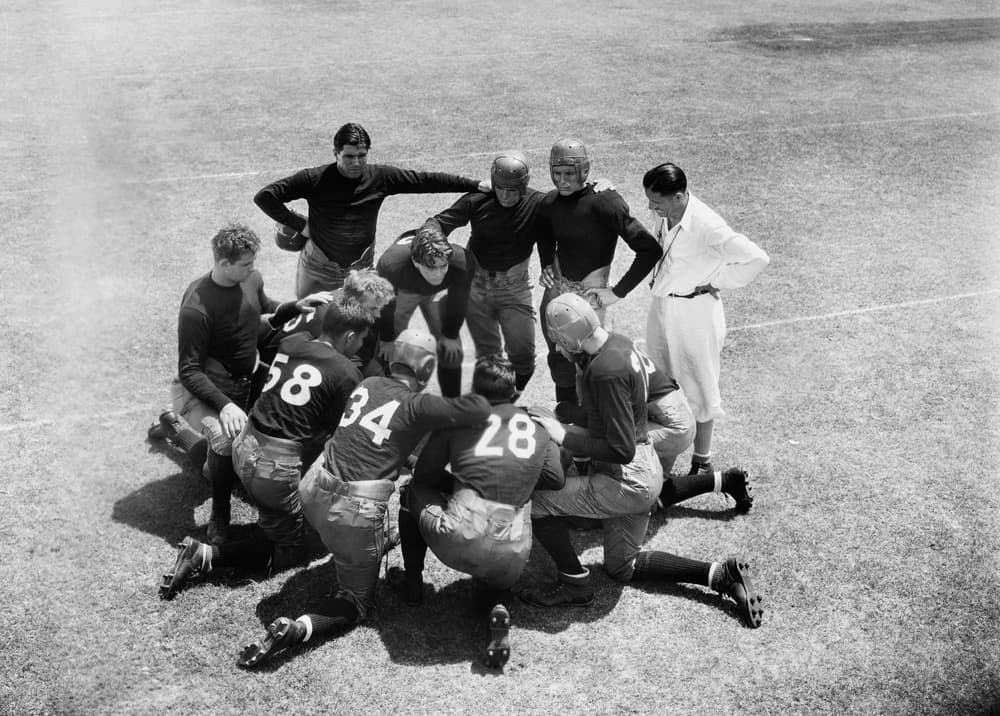
Randomly assigned adjusters have higher claim payments then dedicated adjusters, resulting in a higher severity level when the underwriter calculates the workers’ compensation insurance premium for the next policy period. This occurs even if the overall level of experience and understanding of workers’ compensation is the same for randomly assigned adjusters and dedicated adjusters.
Click Link to Access Free PDF Download
“How Do I Get My Adjusters To Follow My Account Handling Instructions?”
There are four principal reasons for randomly assigned adjusters having poorer claim handling results. They are:
- The randomly assigned adjuster does not know your claim handling preferences (and probably won’t take the time to read pages and pages of client specific claim handling instructions)
- The randomly assigned adjuster is not familiar with your company, does not know who to contact for what, and does not know your overall claim philosophy
- The randomly assigned adjuster is not familiar with your preferred medical providers, your medical triage program or your medical management program
- The randomly assigned adjuster does not know the details of your return to work program or types of light duty/transitional duty work your company can offer.
Dedicated adjusters – adjusters who handle workers’ compensation claims exclusively for one employer – are the best bet for employers who have enough claims to keep one or more adjusters busy full time. Designated adjusters – adjusters who handle all the claims for one employer but also handle claims for other employers – are the best option for employers who do not have enough claims to keep one adjuster busy full time.
The benefits to the employer of having a dedicated adjuster (or a designated adjuster if the claim volume is too low for a dedicated adjuster) include:
- Lower overall claim cost as the adjuster knows the employer’s requirements
- The adjuster and the employer establish a closer working relationship
- The adjuster develops a sense of loyalty and dedication to the employer
- The adjuster becomes more proficient as the adjuster learns what the employer prefers in various situations and does not spend time finding out what the employer prefers or wants
- The employer know exactly who to contact to discuss the details of any claim
- The adjuster learns the nuances and preferences of the employer’s workers compensation program
- The adjuster will know exactly how the employer’s medical management program is structured and how it works
- The adjuster will know the internal details of the employer’s return to work program
The jurisdiction is a major factor in where you will need a dedicated adjuster or a designated adjuster. The number of workers’ compensation claims an adjuster can handle will vary from state to state. A workers’ compensation adjuster handling claims under the highly complex laws of California has a full case load with 100 indemnity claims. An adjuster in a less complex and less litigated state may be able to handle 125 to 160 claims at a time.
Adjuster Case Load Important Factor
Often the number of workers’ compensation claims an employer has does not work out to a precise number of dedicated adjusters. This often results in an X number of dedicated adjusters, plus one designated adjuster to handle the odd number of extra claims. For instance, your company has 300 open work comp claims and 125 claims is a full case load for an adjuster. The insurer or TPA should assign two dedicated adjusters who handle 250 claims (125 X 2) and one designated adjuster who handles the remaining 50 claims.
If your workforce is large enough to produce a full case load for an adjuster, you should ask nicely (compel if necessary) for your insurer or TPA to assign all your future workers’ compensation claims to the designated adjuster(s) who will eventually grow into a dedicated adjuster position.
Insurers and TPAs will sometimes balk at the idea of dedicated adjusters due to their own business reasons. The volume of claims in the claims office fluctuates. Having dedicated adjusters removes the ability of the claims office to assign additional claims (from other employers) to your dedicated adjuster(s). If the overall claims volume for the office decreases sharply, it is much more difficult for the claims office to terminate a dedicated adjuster (and damage their relationship with a major client) than it is to terminate an adjuster who handles claims for many different employers.
Once the employer has the dedicated or designated adjuster(s) in place, the employer needs to be vigilant against the insurer or TPA overloading the adjuster with too many claims. The tendency is to assign all your claims to the dedicated adjuster(s) without watching the case load assigned to your adjusters. The employer should track the monthly case load of each dedicated adjuster to be sure they don’t become overloaded. If the dedicated adjuster(s) on your account have a full load, additional claims should be assigned to the one designated adjuster in the claims office.
Downside is Replacing Productive Adjuster
The downside to a dedicated or designated adjuster is the replacement of the adjuster if the adjuster leaves the insurer or TPA, or if the adjuster is promoted to another position with the insurer or TPA. Employers should let their dedicated adjuster(s) know how important they are to the employer’s program. Words of appreciation and accolades should be shared with the adjuster’s supervisor and manager as well.
Overall, the use of dedicated adjuster(s) and a designated adjuster for excess claim volume is an excellent way for employers to influence their overall claim cost. If your insurer or TPA does not already have dedicated adjuster(s) and/or a designated adjuster handling your workers’ compensation claims, we recommend you arrange with your insurer or TPA to do so.
 Author Michael Stack, CEO Amaxx LLC. He is an expert in workers’ compensation cost containment systems and helps employers reduce their workers’ comp costs by 20% to 50%. He works as a consultant to large and mid-market clients, is a co-author of Your Ultimate Guide To Mastering Workers Comp Costs, a comprehensive step-by-step manual of cost containment strategies based on hands-on field experience, and is the founder & lead trainer of Amaxx Workers’ Comp Training Center, which offers the Certified Master of Workers’ Compensation national designation.
Author Michael Stack, CEO Amaxx LLC. He is an expert in workers’ compensation cost containment systems and helps employers reduce their workers’ comp costs by 20% to 50%. He works as a consultant to large and mid-market clients, is a co-author of Your Ultimate Guide To Mastering Workers Comp Costs, a comprehensive step-by-step manual of cost containment strategies based on hands-on field experience, and is the founder & lead trainer of Amaxx Workers’ Comp Training Center, which offers the Certified Master of Workers’ Compensation national designation.
Contact: mstack@reduceyourworkerscomp.com.
Workers’ Comp Roundup Blog: http://blog.reduceyourworkerscomp.com/
©2022 Amaxx LLC. All rights reserved under International Copyright Law.
Do not use this information without independent verification. All state laws vary. You should consult with your insurance broker, attorney, or qualified professional.
















